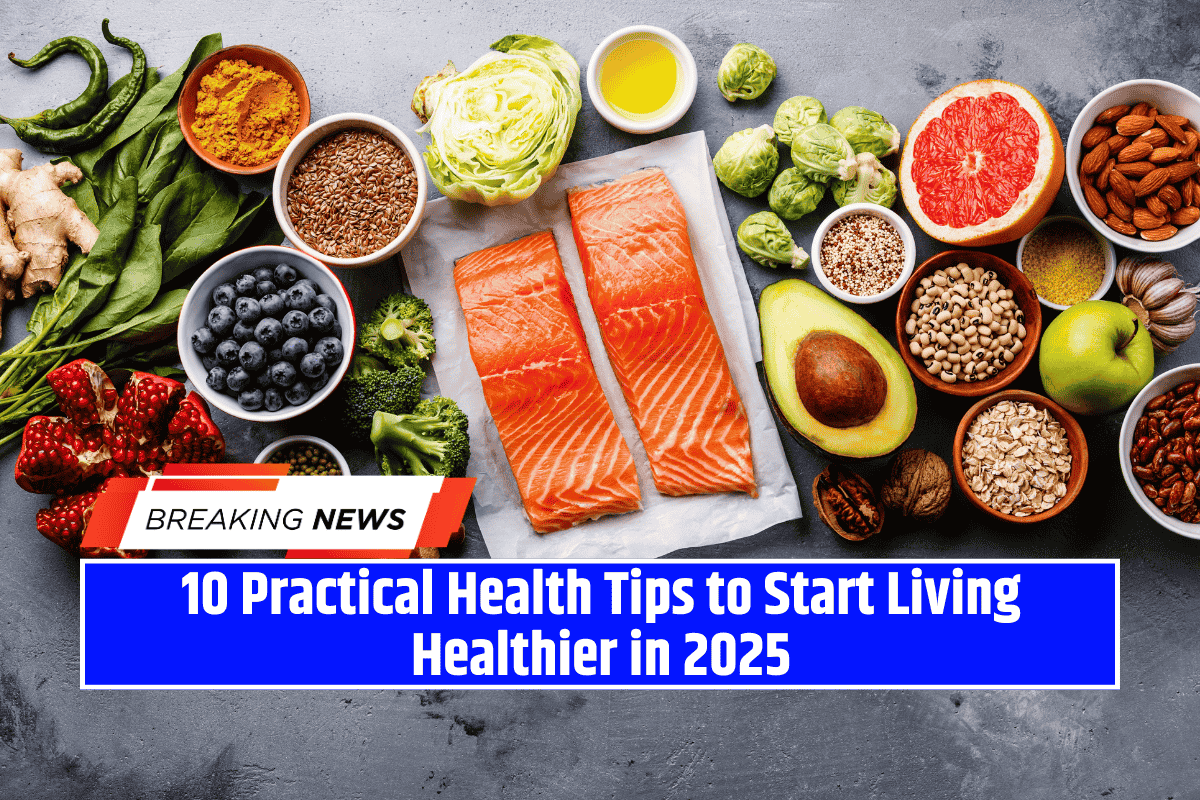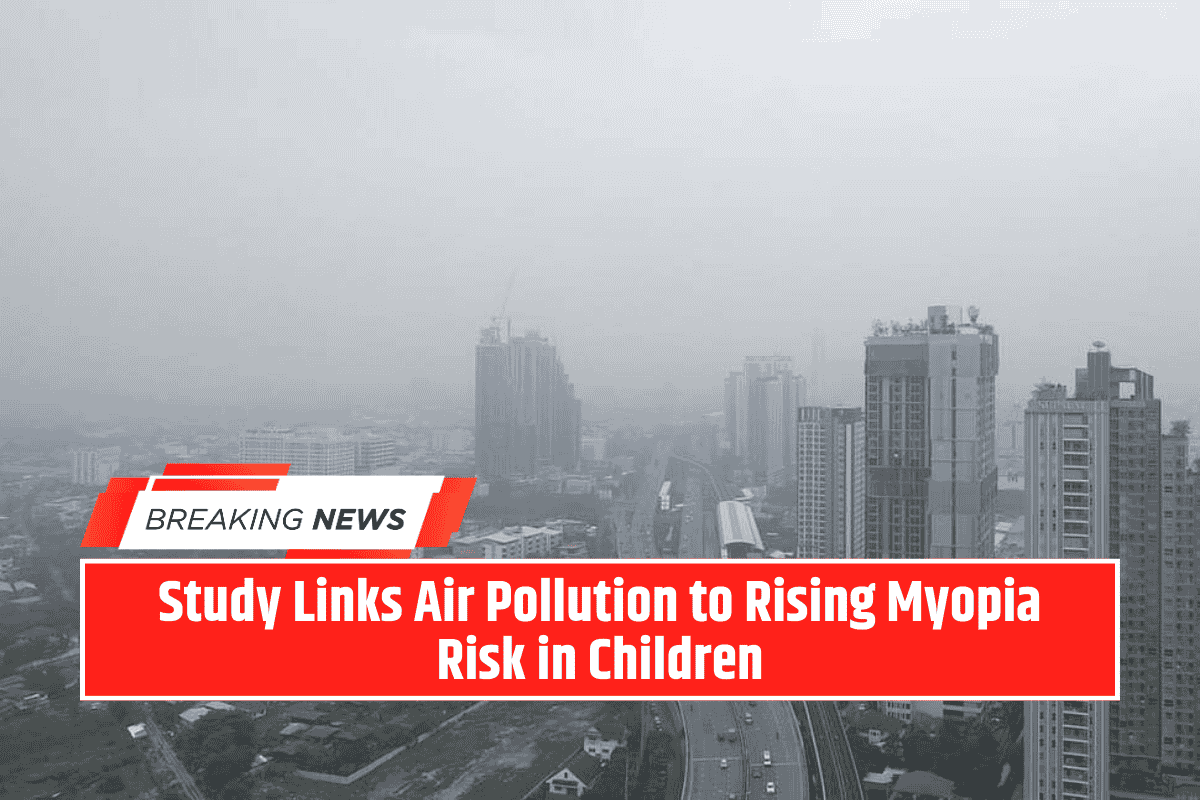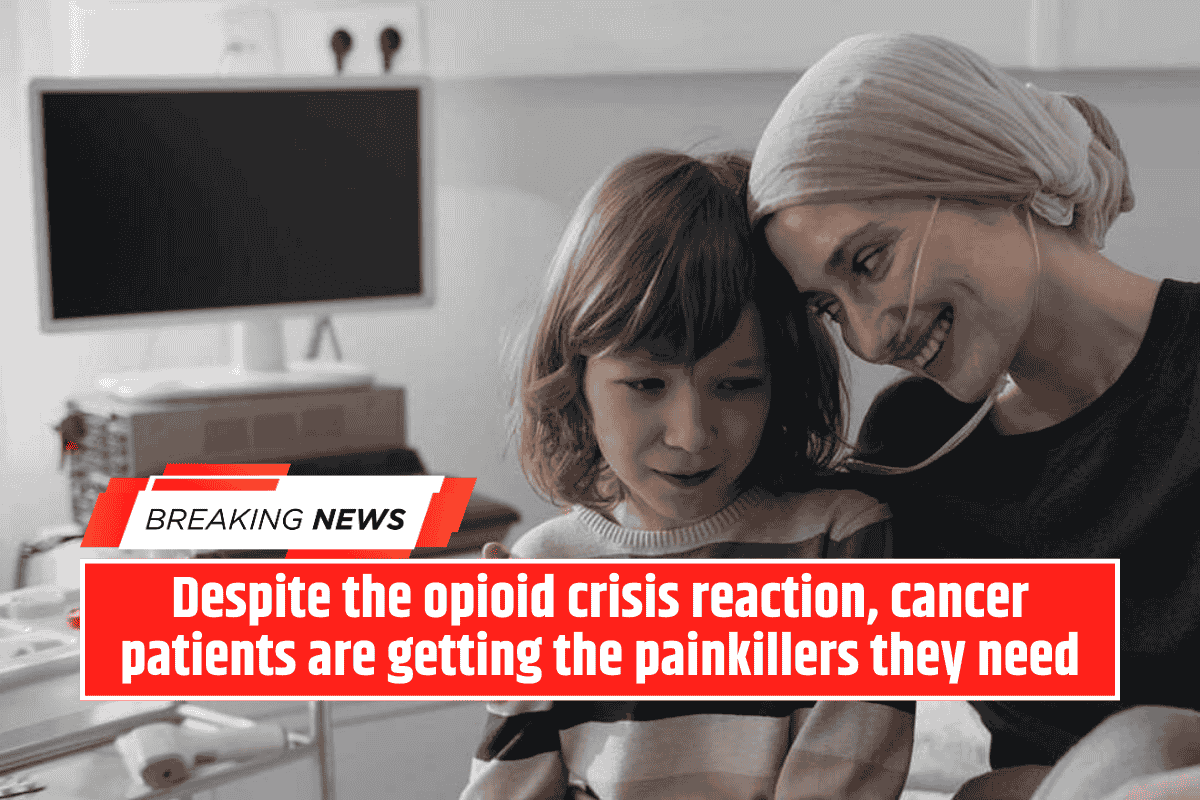1. Eat a Healthy Diet
Incorporate a variety of foods into your meals, including fruits, vegetables, legumes, nuts, and whole grains. Adults should aim for at least five portions (400g) of fruits and vegetables daily.
A balanced diet helps reduce the risk of malnutrition and noncommunicable diseases (NCDs) like diabetes, stroke, heart disease, and cancer.
2. Consume Less Salt and Sugar
Limit salt intake to 5g per day (about one teaspoon) by avoiding salty snacks and reducing high-sodium condiments. Keep free sugar intake to less than 5% of total daily energy.
Excess salt can increase the risk of high blood pressure, while too much sugar can cause tooth decay and unhealthy weight gain.
3. Reduce Intake of Harmful Fats
Fats should make up less than 30% of your daily energy intake. Choose unsaturated fats (found in fish, nuts, and vegetable oils) over saturated and trans fats (found in fatty meats, butter, fried foods, and packaged snacks). This helps lower the risk of weight gain and heart disease.
4. Don’t Smoke
Tobacco use is a major cause of lung disease, heart disease, and stroke. If you smoke, quitting will bring immediate and long-term health benefits. If you don’t, avoid exposure to secondhand smoke and advocate for smoke-free environments.
5. Be Active
Engage in at least 150 minutes of moderate-intensity physical activity weekly. Adults who increase activity to 300 minutes per week gain additional health benefits. Physical activity includes exercise, walking, cycling, household chores, and recreational activities.
6. Check Your Blood Pressure Regularly
Hypertension is often called the “silent killer” because it can go unnoticed without symptoms. Regular monitoring helps detect issues early and prevent complications like heart and kidney disease. Seek medical advice if your numbers are high.
7. Follow Traffic Laws
Road accidents claim over one million lives globally each year. Protect yourself and others by wearing seatbelts, using child restraints, wearing helmets, avoiding distracted driving, and never driving under the influence of alcohol or drugs.
8. Take Antibiotics Only as Prescribed
Misuse and overuse of antibiotics contribute to antibiotic resistance, making infections harder to treat. Always use antibiotics only if prescribed by a health professional and complete the full treatment course. Never share or misuse antibiotics.
9. Clean Your Hands Properly
Good hand hygiene prevents the spread of infectious diseases. Wash with soap and water when hands are visibly dirty, or use an alcohol-based hand rub when on the go.
10. Have Regular Check-Ups
Routine health screenings help detect problems early, increasing treatment success. Visit your healthcare provider regularly for preventive care and advice tailored to your needs.









